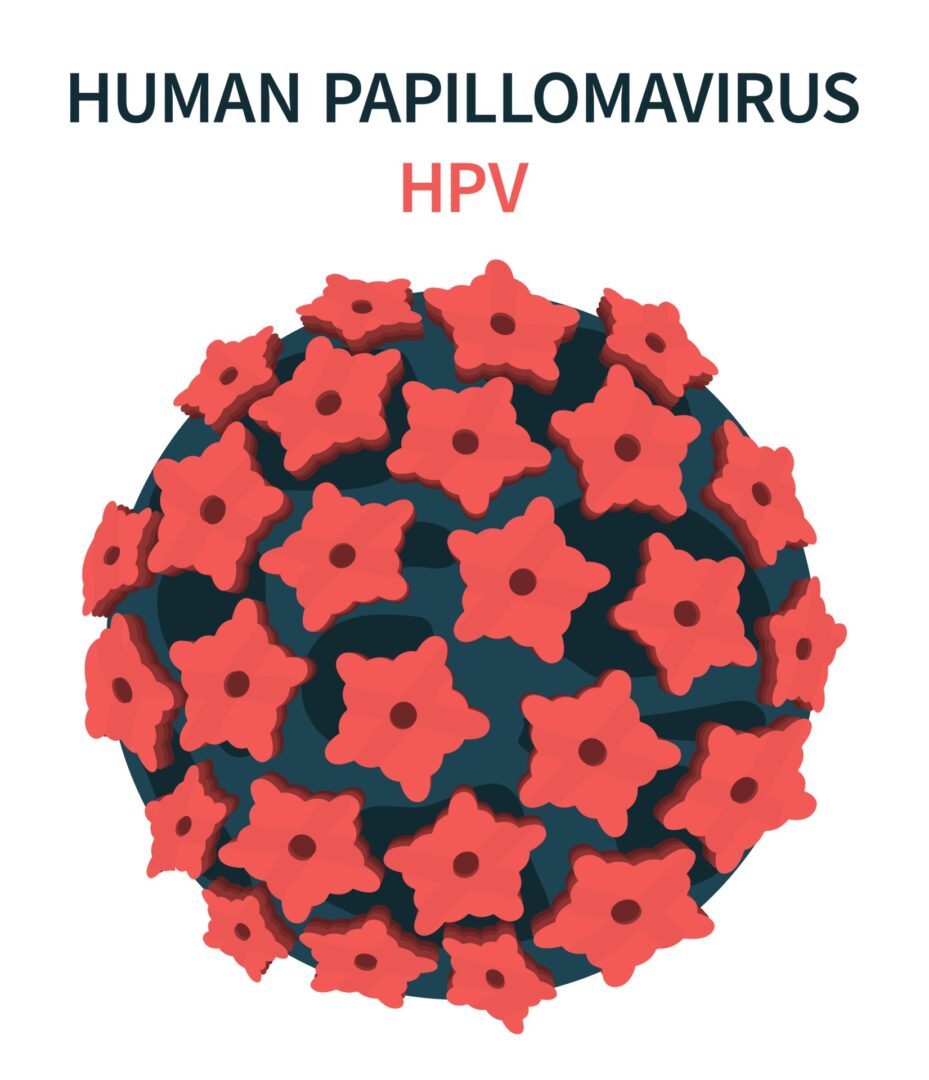Search by Color or Cause


On March 4, the international community recognizes International HPV Awareness Day. The day was designated by The International Papillomavirus Society in 2018. The day, for example, is an annual opportunity to educate about HPV. In addition, it is a time to educate about its associated cancers. Furthermore, the day also focuses on prevention against the virus. The Human Papillomavirus (HPV) is actually a group of viruses that are sexually transmitted. Light green is the awareness color associated with HPV awareness.
Nearly all people are infected with HPV within the first few years of becoming sexually active. High-risk HPVs can cause illness and several types of cancer. In the United States, HPV is estimated to cause about 36,000 cases of cancer each year, or about 3% of cancers in women and 2% of cancers in men.
Vaccines protect against the types of HPV that most often causes various types of cancers. Additionally, cervical cancer can be prevented or found early through regular screening and follow-up treatment.
This includes:
Luckily, there is an effective HPV vaccine that protects against six types of cancer. It is recommended for all youth and young adults between the ages of 9 and 26. Due to the pandemic, rates of HPV vaccination, like many other vaccines, drastically decreased. From March to May 2020, HPV doses administered declined by just over 70% for adolescents 13-17 years compared to the same time period during the previous two years. Though some time has passed, the world is still not back to pre-pandemic rates of vaccination. This is to ensure youth and young adults are protected from potential disease and cancer-causing viruses.
HPV, or Human Papillomaviruses, is the most common sexually transmitted infection, and responsible for virtually all cases of cervical cancer. Though the association between cervical cancer and HPV is irrefutable, HPV can also cause several other types of cancer, including anal, oral, vaginal, vulvar, and penile cancers.
Cervical cancer is the fourth most common cancer in women worldwide, with over 500,000 new cases estimated each year. Although the global burden is great, it is not equally distributed between nations. More than 85% of cervical cancer deaths occur in low- and middle-income countries. On March 4, organizations around the world work to promote awareness and education about HPV infection and the HPV-associated diseases that can be prevented through vaccination.
HPV infections are very common. Nearly everyone will get HPV at some point in their lives.
HPV is spread through intimate skin-to-skin contact. You can get HPV by having vaginal, anal, or oral sex with someone who has the virus, even if they don’t have signs or symptoms.
The CDC recommends two doses of HPV vaccine at ages 11–12 years. HPV vaccination can be started at age 9 years. Children who get the first dose before their 15th birthday only need two doses. People who get the first dose on or after their 15th birthday need three doses. The HPV vaccine series is most effective when given before a person is exposed to the virus.